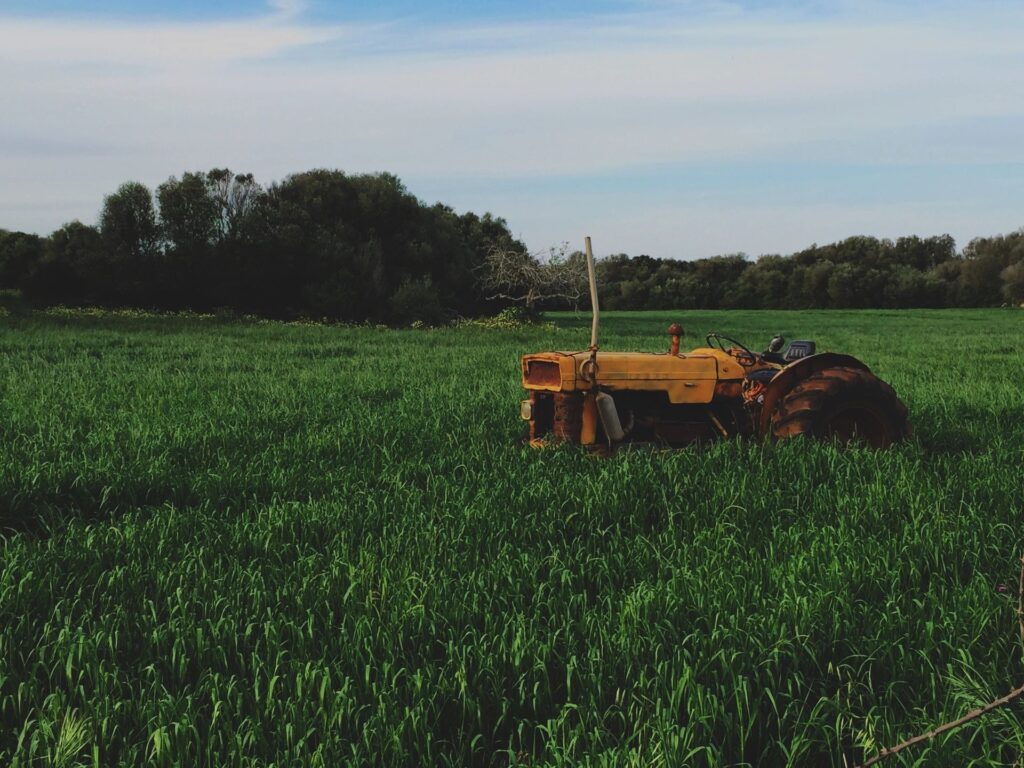
ATLANTA – Legislation aimed at protecting Georgia farmers from nuisance lawsuits drew support Monday from representatives of agribusiness and opposition from environmental advocates.
The Freedom to Farm Act would replace a law the General Assembly passed in 1989.
Under House Bill 1150, which the Georgia House passed early this month, neighbors bothered by bad smells, dust or noise emanating from a farm would have one year to file a nuisance suit. After that, any farm operating legally would be protected.
Opponents told members of the Senate Agriculture and Consumer Affairs Committee the bill isn’t necessary because the current law is working.
“In 32 years of application, not a single nuisance lawsuit has been lodged successfully against an agricultural operation in this state,” said Neill Herring, a lobbyist for the Georgia chapter of the Sierra Club.
But the bill’s supporter said they’re concerned about the potential for future nuisance suits as urban encroachment into farmland spreads across the state.
“If we are to encourage future farmers to move back to their hometowns and take up a significant investment, they ought to have protection [from lawsuits],” said Alex Bradford, director of public policy for the Georgia Farm Bureau.
Opponents also maintained the one-year statute of limitations is not enough to protect current farmers from large agricultural operations moving next to them and interfering with their legal right to enjoy their property.
“A nuisance takes time to develop,” said April Lipscomb, an attorney with the Southern Environmental Law Center. “They don’t typically occur overnight.”
Bryan Tolar, a lobbyist representing the Georgia Urban Agriculture Council – which includes the landscaping, gardening and turf industries – suggested the bill should specify that smoke, dust and noise are not to be considered nuisances under the law. As written, the measure doesn’t include those words, he said.
“All agriculture is going to generate some smoke, some dust and some noise,” Tolar said.
The committee did not vote on the legislation Monday. To reach the Senate floor during the final two weeks of this year’s session, the bill must pass both the Agriculture and Rules committees.
This story is available through a news partnership with Capitol Beat News Service, a project of the Georgia Press Educational Foundation.
